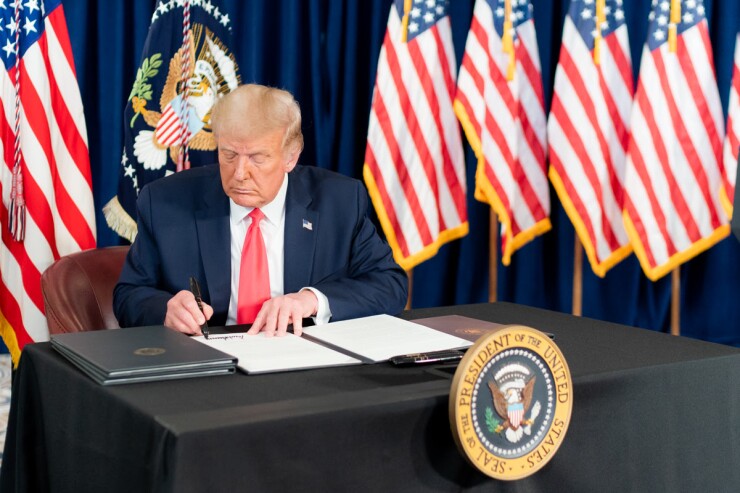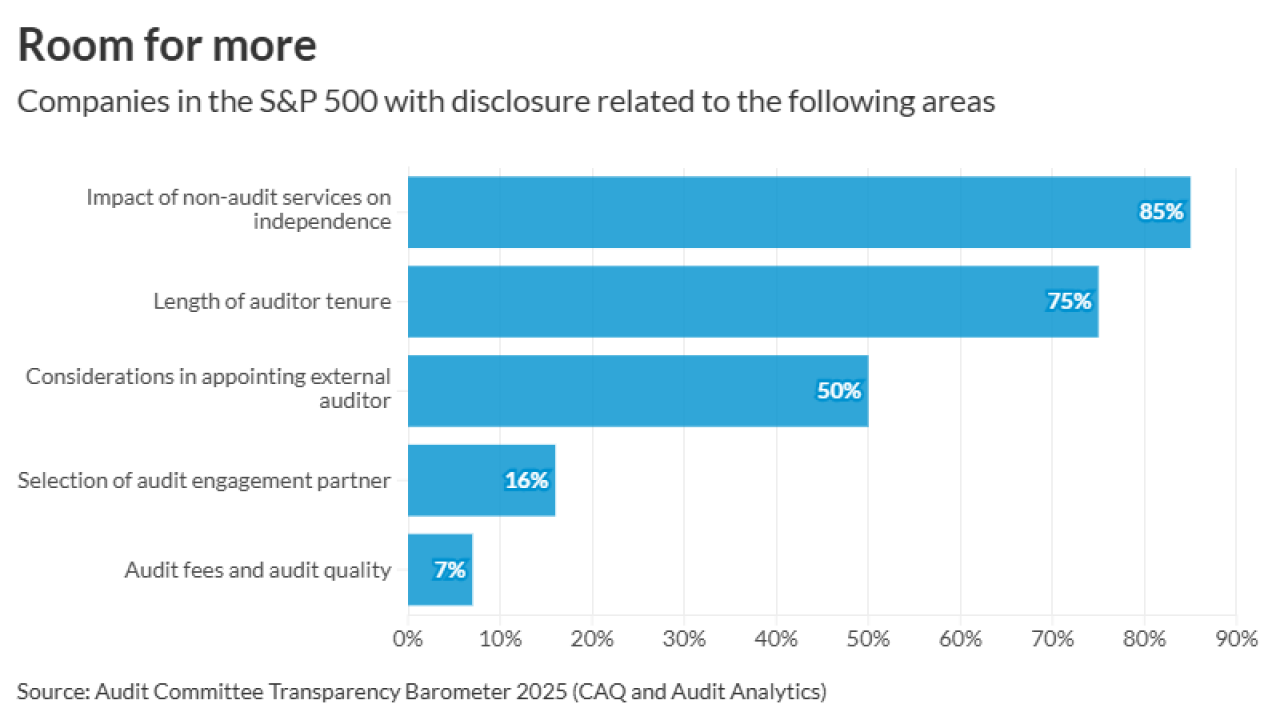When President Trump issued an executive memorandum on Aug. 8, 2020 offering payroll tax deferral until the end of the year, a big question was whether the deferral — of the employee portion of Social Security tax — was optional or voluntary to the employer. Guidance was issued 10 days later, on Aug. 18, 2020, in Notice 2020-65.
Under the memorandum, employers can defer the withholding, deposit and payment of the employee portion of the OASDI (Old Age, Survivors and Disability) of FICA taxes — the 6.2 percent tax on employee wages. The deferral applies to taxes on wages paid from Sept. 1, 2020 through Dec. 31, 2020.
“One key question was whether the guidance would confirm that this is voluntary for employers,” said Adam Cohen, a partner at law firm Eversheds Sutherland. “Because they relied on Code Section 7508A relief to delay the deadline for withholding, it should be viewed as voluntary.”
This view was confirmed in a statement by ranking the Republican on the House Ways and Means Committee, Kevin Brady, in a statement on Sept. 3, 2020. “The [Executive Order] provides temporary relief for employers from the obligation to withhold and pay the employee portion of Social Security payroll taxes for certain employees,” he said. “The EO does not mandate deferral, nor does it outline any penalty as a result of not participating in the deferral.”
Under Notice 2020-65, the payroll tax deferral is available with respect to employees who have wages and compensation of less than $4,000 in a given biweekly payroll period during the Sept. 1, 2020, to Dec. 31, 2020, timeframe or an equivalent amount for other payroll periods, Cohen indicated.

“For this purpose, wages are equal to Form W-2, Box 3 [wages subject to FICA taxes],” he said. “Employees with variable pay, in the form of commissions, overtime or a bonus, could be eligible for deferral in one payroll period but not eligible in the next payroll period.”
“This formulation of the compensation eligibility threshold is somewhat different than the wording in the Executive Memorandum, which referred to compensation ‘generally’ less than the threshold,” noted Cohen. “The more precise definition has the advantage of being objective and readily determinable, but it could be challenging to ensure that payroll systems can turn on and off the deferral as employees rise above and drop below the threshold.”
“An employer can always choose to meet the original deadline for withholding,” noted Cohen. “The notice doesn’t require or contemplate that employees will individually elect whether the deferral will apply to them, though it also doesn’t appear to foreclose that possibility.”
“The other big question is whether the employee can require the employer to participate,” he said. “Based on our reading of the memorandum, the answer is ‘no,’ they cannot. So it’s totally up to the employer.”
One question not covered by the notice or by Brady’s statement is the situation in which an employee is terminated or otherwise leaves employment prior to paying the deferred amount. This possibility is the reason that employers generally are not rushing to offer the benefit to their employees, according to Cohen.
“Employers will need to deal with this issue,” he said. “It’s a significant issue, because if the employer is not able to collect from the employee, it’s possible that the IRS would go after the employer. This has discouraged a lot of companies from participating.”
Employers will likely want to structure arrangements to collect the deferred taxes, such as by collecting the taxes from a final paycheck or by a separate check from the employee, he suggested: “Employers should consider state wage payment laws and other limitations in developing plans for this situation.”
Although up to now there has been a lack of enthusiasm on the part of employers to offer this benefit to their employees, at least one large employer will be participating in the payroll tax deferral.
“The federal government is participating in this deferral,” said Cohen. “Government agencies that have to collect Social Security taxes have been instructed to do a payroll tax deferral for their employees.”





